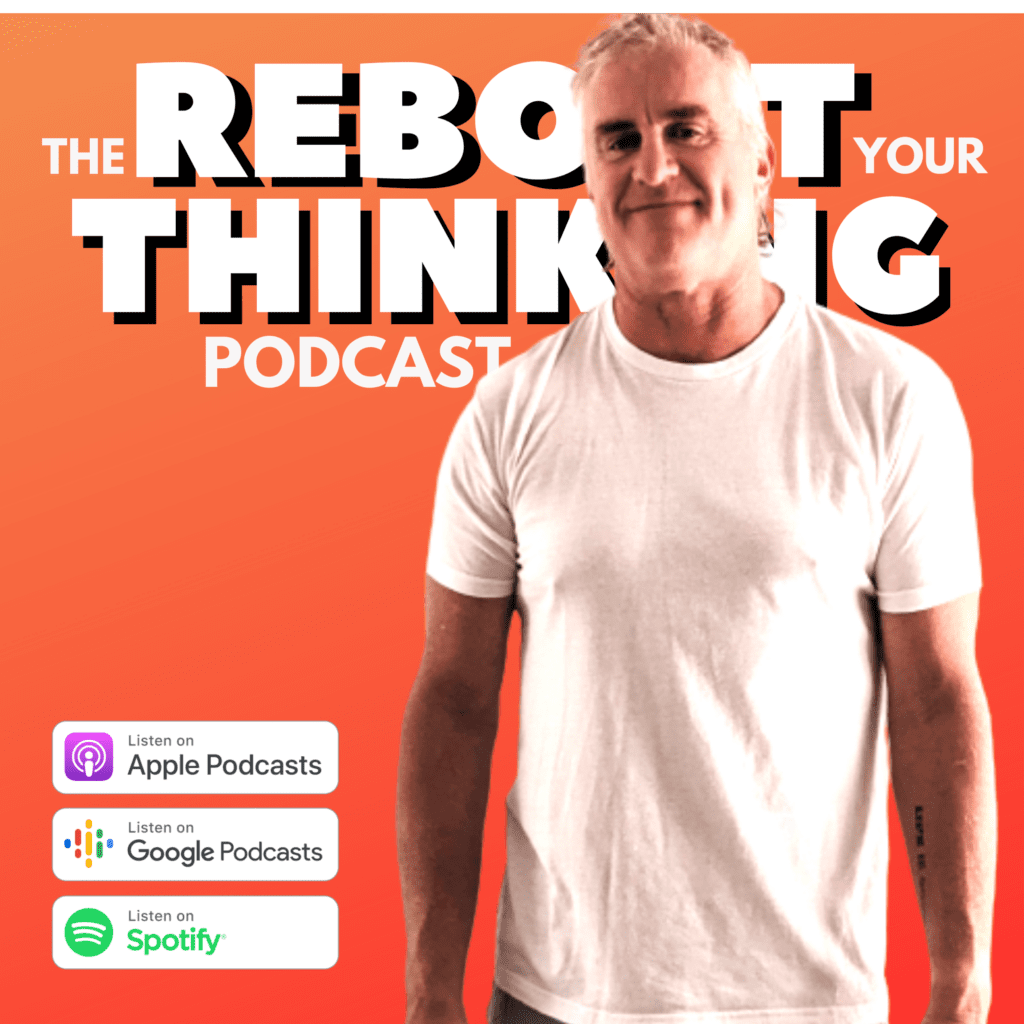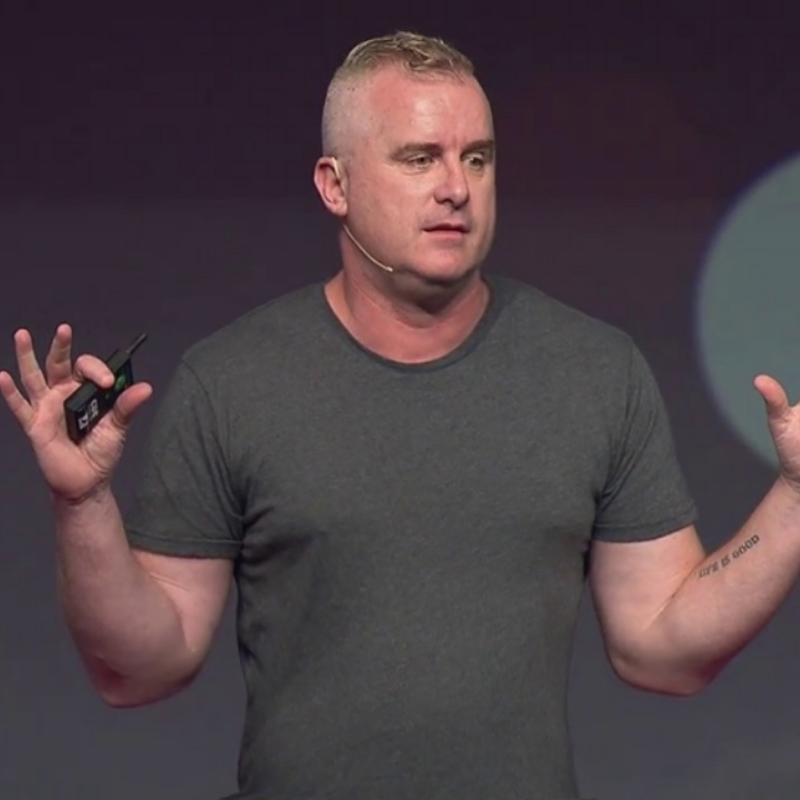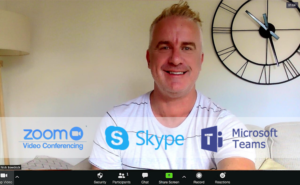This week marks 11 years since I started as a motivational speaker, delivering keynote addresses at, and MC’ing, professional and corporate events and conferences.
Motivational speaking was pretty much never in my future aspirations when I first fell into it 11 years ago, but I can say now that out of all the jobs – and careers – I have had through my life, this is the work that I enjoy doing the most.
I’ve learned a lot in that time – about the craft and about myself – and this is just a few of those things.
You never know who is really listening
When I am on stage speaking, I can become a bit fixated with one or two individual people in the audience. It must be something to do with my own character, but those couple of faces in the crowd tend not to be the ones who are engaged and interested, and look like they are being entertained. Instead, I tend to focus on the ones who seem disinterested, even bored, disappointed, or even in some cases angry.
But something I have learned from the last decade of seeing those people in the crowd is to not let my brain make up a story about them not being supportive or interested in my presentation, because time and time again it’s those same people who approach me after my gig and tell me how much I moved them, or ask about buying one of my books.
You never know who is really listening.
Preparation isn’t everything
This is where I differ to a lot of other professional keynote speakers or motivational speakers: I don’t practice or rehearse, and I don’t think preparation is the key to a good speaking performance.
Stay with me for a second.
I’m not saying other speakers shouldn’t prepare and rehearse, and I’m not saying that I’m so confident at it that I don’t need to either. But for me, the more that I rehearse and prepare, the worse performance I give. I think it’s because the theme and general feel of my speaking engagements are pretty raw and honest and authentic. So if I over-think that or try to script it too much, I run the risk of it being not very authentic or even a bit robotic.
I have learned from a decade of doing it, that speaking comes easier to me when I just get up on stage and do it.
Motivational speaking – and motivation – has a cost
I get asked often by people who are keen to start keynote speaking if they should just do some speaking engagements free of charge to get started.
I get it, it’s tempting, and people organising events will try to tell you that it’s good for exposure and it will lead to more work and so on and so on.
But here’s the thing.
If the people organising the event are charging for the event, then they should pay the speakers at the conference who, if they do their job properly, will be motivational and inspirational. And if the speakers are good, and therefore the conference is good, the event organisers will likely make more money from that then too.
If, as a speaker, I am generating revenue for the conference organiser, and not being compensated for it, then I’m a mug.
All speaking is motivational speaking
I recently wrote a blog post about this very topic.
Regardless of whether you are Oprah Winfrey or Tony Robbins, or not, to be convincing and persuasive enough to get an audience to think differently (which is always my sole aim on stage), then you need to inspire them and motivate them to think outside of their normal lived experience.
They need to be given permission to be creative, to let go of some of their own limiting beliefs and standard behaviour, and accept what you are saying to them in that moment.
If any professional speaker is good enough to change people’s minds and get audiences to think differently, they are a motivational speaker.
Some days are diamonds
I have definitely learned that I am not going to give an equally awesome performance every single time I take to the stage. I certainly hope I don’t give any terrible performances, but truthfully, all of my performances are going to be me doing my best, and hopefully better than the conference organisers – or the audience – expect.
It’s also true that the days I think I have not done a great job are often the days that the audience feedback is the best. So I just have to commit to doing my best, giving myself fair and honest appraisals when I speak, and try to learn from the times I make mistakes.
The best motivational speakers adapt and change
The best motivational speakers are able to cope with changes, whether they be in conference agendas or timings, technology disruptions, or even the model of delivery of their presentation, without too much hassle or complaining.
One of the biggest ones here that I have learned is to be able to push on with your presentation, even if the slides or even the power (as I found out one day) all fail on you. It is YOU after all that people have paid to see, not how beautiful your slides are.
When you can seamlessly carry on while the AV crew are scrambling around trying to fix projectors or microphones or fuse boxes (!), you will be booked again, trust me.
Lately, of course, there has been a massive disruption to speaking and to the whole events industry with the Coronavirus pandemic. Again, this is where good speakers have been able to adapt and change and grow and not only deliver their presentations online from home now in front of offline at a venue, but even just making it known to their database that they can make that change and they are available for it.
Some haven’t, preferring to ride it out waiting for events to come back. The future will tell whether that was a mistake.
Motivational speaking feedback is a gift
I absolutely believe that feedback is a gift. This doesn’t just apply to motivational speaking, of course, but it has certainly helped me a lot in that part of my life as well. Obviously it depends who you receive feedback from, but if I am getting feedback from people who are doing what I do, putting themselves out there and having a go as well, I would be foolish not to take on feedback from them.
From simple things to stagecraft considerations like where to stand, how to move on a stage, how to organise slides, whether to even use slides, right through to theme considerations, philosophical decisions I have made with my business in mind, and so on, feedback (given and received in the right atmosphere) has been invaluable to me and probably the biggest gift I have had in my speaking career.
Changing someone’s mind is easy, changing their life is much harder
The single biggest lesson I have learned from 11 years of motivational speaking is this: it’s easy to grab someone’s attention momentarily, but it’s much more difficult to leave them with a lasting impression that will change their life forever.
But – and this is important to me – it doesn’t make it any less worthwhile to try.
My main aim when I step on to a stage to start a keynote presentation is to get the audience to think differently. That’s it. Sounds pretty simple, right? Well, it is if I only want to get them to think differently for the time that I am on stage in front of them. But my aim in getting them to think differently goes well beyond just that 30 or 45 minutes, I want them to take something meaningful away from what I tell them that day, and hopefully make a lasting change in their life with it.
It’s a grand aspiration, sure, but it’s pretty cool when someone tells me I did just that.



















Fascinating insights (like about people who looked disengaged coming up to you afterwards).
I’m interested in the difference between feedback and advice. How would you express that difference?